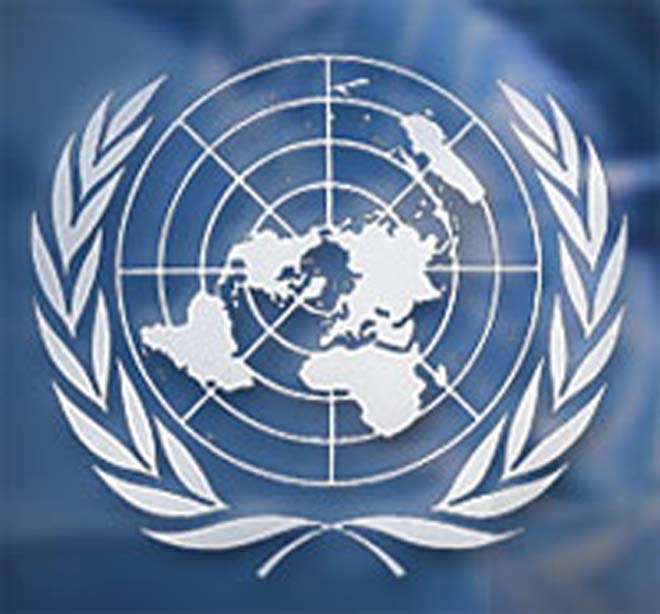Delegates from around the world adopted early Saturday an international protocol aimed at protecting biodiversity and sharing the benefits of natural genetic resources, DPA reported.
Senior ministers and government officials from more than 190 countries had gathered in the central Japanese city of Nagoya to discuss how to stop environmental destruction and the loss of plant and animal species.
After stalled talks, parties to the United Nations Convention on Biological Diversity (CBD) reached agreement on the adoption of a protocol for the equitable sharing of benefits derived from the use of genetic resources such as plants from which big businesses develop drugs, cosmetics and others products.
On the final day of the 12-day talks, Ryu Matsumoto, chairman of the meeting and Japan's environment minister, presented his own proposal to try to break the deadlock after negotiators failed to reach agreement Thursday.
The adoption of the protocol on access and benefit-sharing of genetic resources was described as a "long-cherished dream" by Matsumoto.
The CBD, born out of the 1992 Earth Summit in Rio de Janeiro, along with the United Nations climate change convention, has three main objectives: to conserve biological diversity; to use biological diversity in a sustainable way; and to share the benefits of genetic resources fairly and equitably.
Developing countries had demanded not only shares of future profits from resource commercialization but also retroactive ones. A clause that included the latter was taken out of the final document.
But the draft took the view of developing countries into account when seeking the creation of a global benefit-sharing mechanism. Such countries were also urged to consider the need for immediate access to genetic resources, such as pathogens, during medical emergencies.
Without the adoption of the protocol on access and benefit sharing, termed an "anti-bio-piracy protocol," by activists, the Nagoya conference would not be considered a success, many participants said.
Some said Japan did not want the conference to be seen as a failure because of the effort and money the government had put into the gathering.
But Matsumoto told reporters Friday morning, "This is certainly not about saving Japan's face. It is about considering participants' thoughts and fulfilling them."
Friedrich Wulf, head of international biodiversity policy at Friends of the Earth Switzerland, said developed countries were also "well aware that if they cannot get the protocol, that would affect other key issues," such as strategic plans, mapping out efforts through 2020 to preserve biodiversity.
How much marine areas are protected was another sticking point.
The European Union first demanded 20 per cent of coastal and marine areas be protected by 2020, but later compromised, dropping to 15 per cent while China insisted on 6 per cent. The parties ended up agreeing on 10 per cent.
"At the very least, the target should be 20 per cent," Wakao Hanaoka, an oceans campaigner at Greenpeace Japan, said "Greenpeace has proposed that 40 per cent should be protected as a long-term goal so that we could ensure the sustainability of fishing. That would also enable future generations to eat fish."
However, Hanaoka said, one of the positive developments at the conference was the very adoption of a document on marine and coastal biodiversity.
"It gives instruction such as where marine protected areas are established, how those areas are designated, how those areas should be protected and by whom," he said. "Marine protected areas should be set up so that we can continue to catch and eat fish."
WWF (World Wide Fund for Nature) International described the overall agreement in Nagoya as "the new 10-year biodiversity rescue plan."
"This agreement reaffirms the fundamental need to conserve nature as the very foundation of our economy and our society," Jim Leape, director general of WWF International, said.
"Governments have sent a strong message that protecting the health of the planet has a place in international politics and countries are ready to join forces to save life on Earth," he continued.
"The Nagoya Protocol is an historic achievement, ensuring that the often immense value of genetic resources is more equally shared," Leape added.






